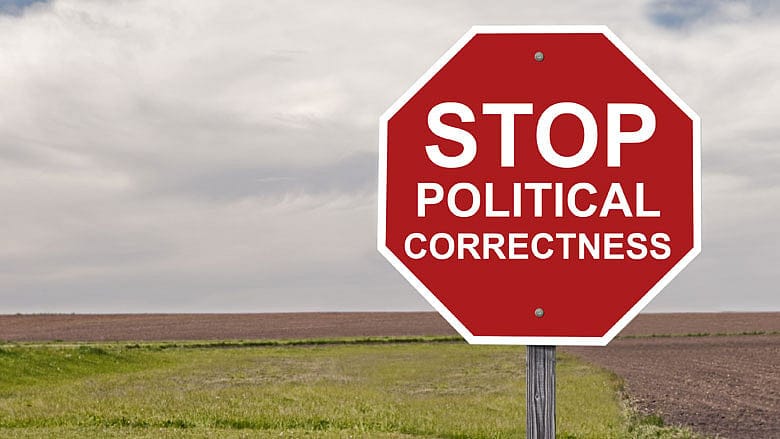‘Wussificiation’ of America: Is it real?

"Wussification." What exactly is this term and is it an actuality? In recent months, "wussification" has become more and more part of our vernacular. It seems that is has added a bit of spice to the election season fervor as well as encouraged some nationwide reflection. In considering its use, it begs the question: Has America changed so much that we are no longer the best and brightest? The strongest and most powerful? And if not, does it mean that we have become "wussified"?
For some pundits, this has become a way to stoke the already high flames of the current political arena. And yet, it is something that has shreds of truth to it. For example, a few small-scale instances speak loudly to a greater problem. In Wisconsin, fans at a youth basketball game were told not to yell "air ball" while the game was taking place. This has been cited as name-calling and derogatory by the administration. This is clearly not anything but a phrase often invoked to psyche out the opposition. Harmful? Hardly. In another example, The Atlantic recently published an article titled, "The Coddling of the American Mind," which speaks directly to this issue. It outlines, in clear terms, how certain words and phrases, concepts and issues are now being banned on college campuses so as not to insult. Isn't this going too far? What exactly are we teaching our younger generations? It's not exclusive to campuses, but something bigger that is happening in our society.

